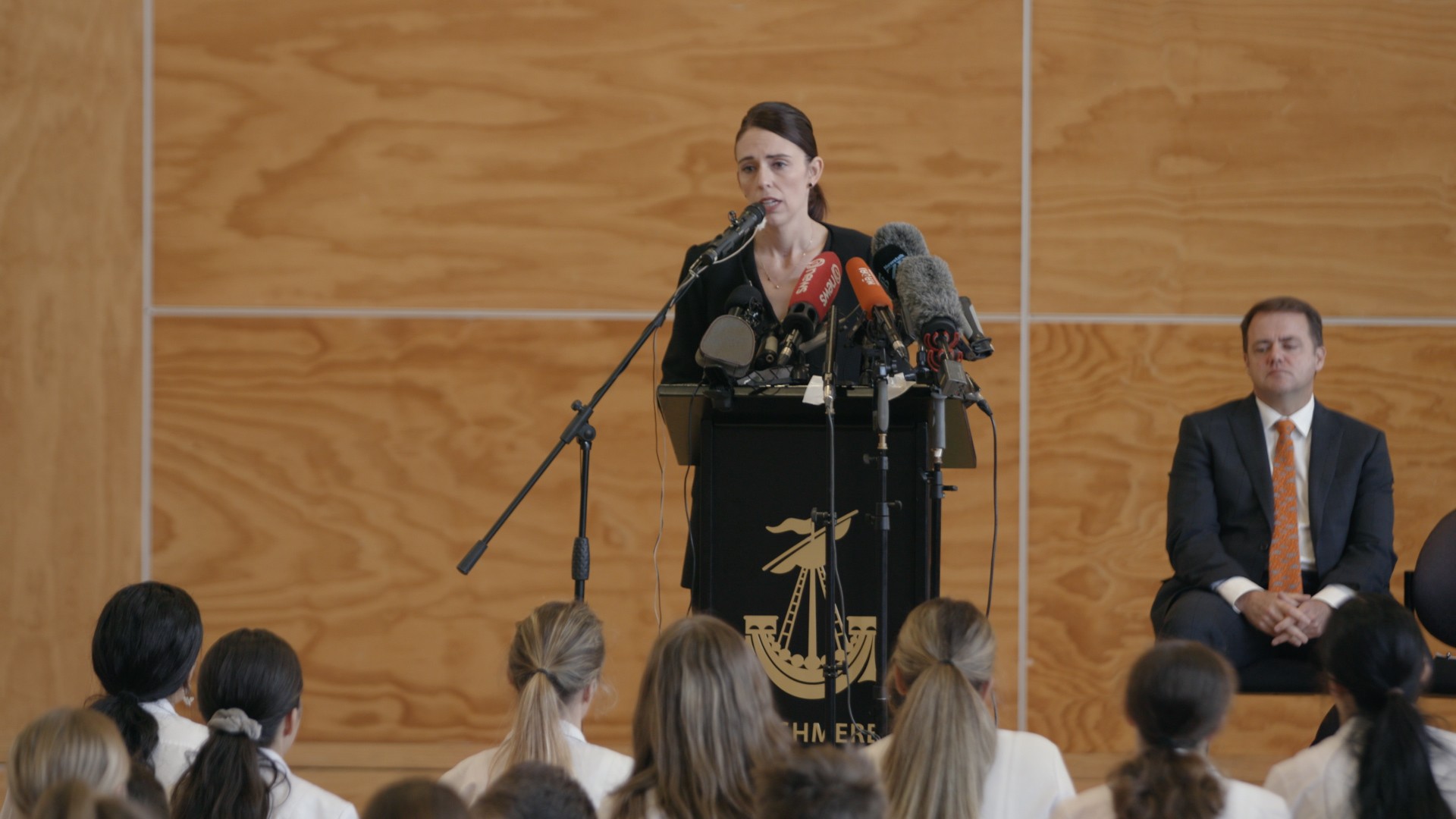Eight years ago, police in Amarillo, Texas got a 911 call from a distressed woman, who told them that her son was delusional, had stopped taking his meds, and was talking about dying in a shootout with law enforcement.When officers searched her property, they found a machete in her then-28-year-old son’s bed and an underground shelter he’d dug in the backyard — enough evidence to convince them that he was seriously planning an attack.On August 31, 2019, that man went on a shooting rampage along a highway in West Texas. He killed seven, and wounded 25 with an AR-style rifle, including three officers and a 17-month-old toddler. The shooter died exchanging gunfire with police outside a movie theater.The shooter’s February 2011 run-in with law enforcement was first reported by CNN, which obtained police reports. His mother told police at the time that he’d threatened to kill her and family friends using a machete — and she was disturbed to learn that he was hiding a machete in his bed. Officers were so concerned by what they found that they even drew up floor plans of the property, and handed them over to the local SWAT team, CNN reported.After the search of his home, he was taken to a hospital, given medication and then admitted to a psychiatric facility. Two days later, he was released.The case serves as a reminder of how limited Texas law is when it comes to keeping guns out of the hands of people who may be a danger to themselves or others. In 2014, the gunman attempted to purchase a firearm through a licensed dealer, but failed the federal background check process. Police haven’t said why he failed the process, but federal law prohibits individuals who’ve been involuntarily committed to psychiatric facilities from owning firearms.Nonetheless, he was able to buy an AR-style rifle through a private sale, which in Texas doesn’t require a federal background check. It’s known as the ”private sale loophole.”READ: The U.S. truly has no idea how many people buy guns without background checks.The gunman’s admission to a psychiatric facility in 2011 was the third time he’d been hospitalized over mental health issues. In 2001, he attempted suicide and became “uncontrollable” at a psychiatric facility in Waco, Texas — so much so that nurses had to lock themselves in a different room, CNN reported. In 2006, he was committed to another institution after being deemed a danger to himself or others. Cover: High School students Celeste Lujan, left, and Yasmin Natera, right, mourn their friend, Leilah Hernandez, one of the victims of the Saturday shooting in Odessa, at a memorial service Sunday, Sept. 1, 2019, in Odessa, Texas. (AP Photo/Sue Ogrocki)
Cover: High School students Celeste Lujan, left, and Yasmin Natera, right, mourn their friend, Leilah Hernandez, one of the victims of the Saturday shooting in Odessa, at a memorial service Sunday, Sept. 1, 2019, in Odessa, Texas. (AP Photo/Sue Ogrocki)
Advertisement
